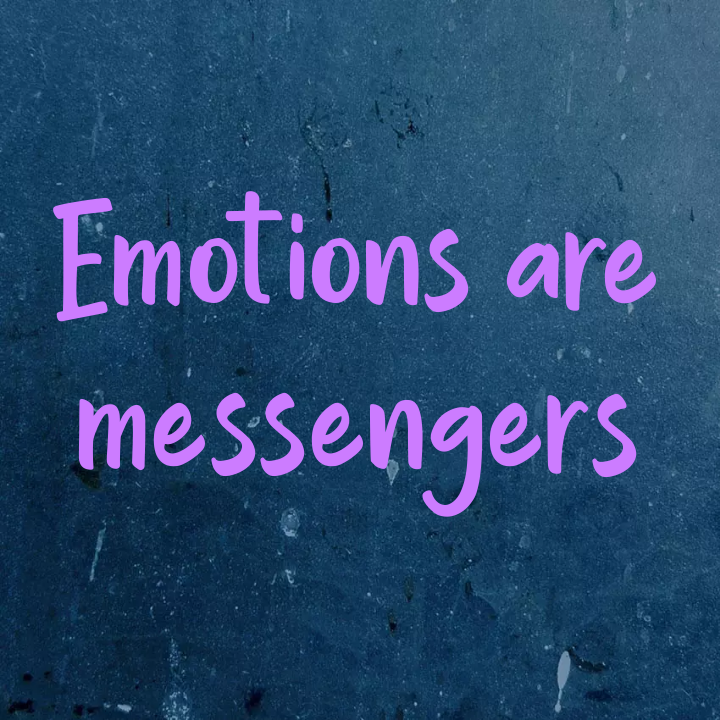When you’re physically sick, your body needs rest to fight off germs and heal. You can feel run down, exhausted, or unable to do much when you’re sick, so you don’t. And when you push yourself to do things, it can be draining and make you feel depleted or worse. It’s a pretty simple formula: when you get sick (or injured), you rest to recover/heal.
When you’re depressed, the symptoms can be quite physical too. Feeling lethargic, tired, and like everything is effortful; on top of changes in sleep, eating, and more. So it makes sense that when you feel like you’re physically struggling due to depression, you would rest and do less to recover. And here is the confusing part: if you feel awful and tired because you’re depressed and then take the time to rest or do less, you won’t get better. Resting actually maintains that lack of energy, so that the depression will either worsen or be maintained. The irony is that doing things (particularly physical activity) will improve your energy levels, rather than depleting them.
It can feel overwhelming or too hard to consider doing things, like housework, seeing friends, exercising, or working. So what can you do?
Remind yourself that something is better than nothing, and set small daily goals to kick-start your recovery. For example, if it is too hard to do the dishes: set a timer and just do what you can in 10 minutes, rather than trying to wash all of the dishes. If it feels too hard to exercise, aim small: walk to the end of the street and back, or around the block. If seeing friends is too hard: why not try responding to one or two text messages that have been left unanswered. If it feels too hard to work or study: set a timer again and do what you can in 20 minutes.
When you start doing things, several things happen. One, it improves your energy levels and motivation. Two, you gain momentum- getting started is often the problem, but it gets easier to do more and other things when you do get started. Three, you get opportunities for that low or flat mood to change- and there often is some improvement, even if slight. And finally: you get proof that you’re not useless, worthless or all the other nasty things that your mind is telling you, which also serves to start weakening the depression.
When you’re sick, resting gets you back on track. When you’re depressed, doing things (however small) will help give you the energy and motivation to get back on track. It can be hard work, but well worth doing.












